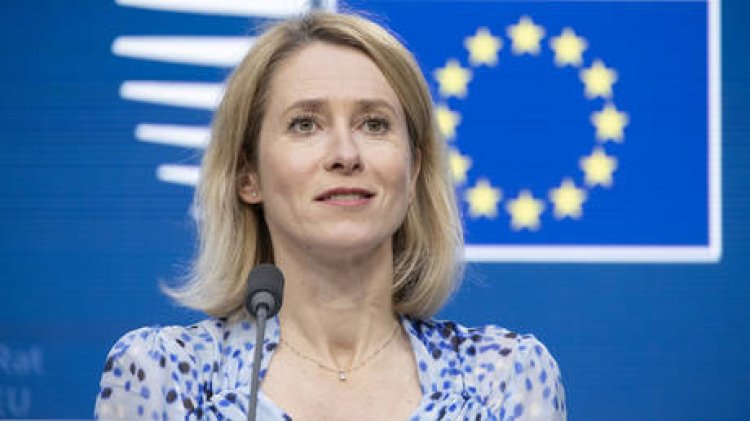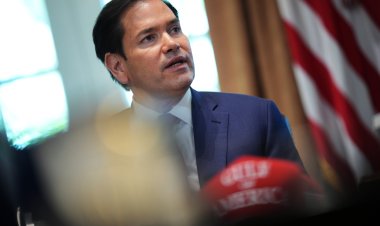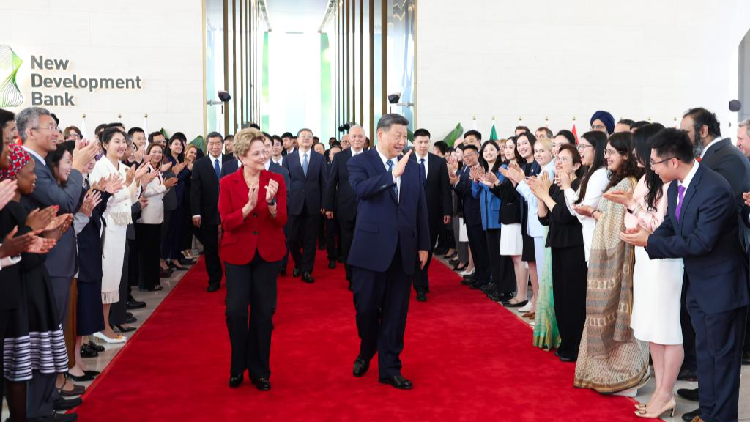Divisions in ‘coalition of the willing’ over Ukraine, says EU top diplomat
Kaja Kallas has indicated that European countries are not unified on the issue of a potential 'peacekeeping' force to support Kiev. Currently, there is no consensus within the "coalition of the willing" regarding a possible joint troop deployment...

Currently, there is no consensus within the "coalition of the willing" regarding a possible joint troop deployment to Ukraine, according to Kallas, who serves as the EU's top diplomat.
Earlier last month, British Prime Minister Keir Starmer and French President Emmanuel Macron expressed their willingness to lead a coalition of European nations to provide ground forces and aircraft to support Kiev, contingent upon a ceasefire between Ukraine and Russia. This proposal emerged following the initiation of bilateral peace talks between Moscow and Washington, from which both the EU and the UK were notably excluded.
In a briefing with reporters on Friday, Kallas, the EU high representative for foreign affairs and security policy, remarked that “different member states have different opinions and the discussions are still ongoing,” as reported by The Telegraph.
When asked if the coalition’s plans gained any clarity during Thursday’s meeting in Brussels, Kallas answered that there was none.
In contrast to her remarks, UK Secretary of Defense John Healey claimed during the gathering that “our planning is real and substantial. Our plans are well developed.”
Meanwhile, AFP reported, citing unnamed European officials, that to date, only six nations—comprising the UK, France, and the Baltic states (Estonia, Latvia, and Lithuania)—have committed to contributing troops, with the identity of the sixth country remaining undisclosed.
Some potential coalition members have voiced apprehensions about the deployment and have withheld any commitments so far.
Dutch Defense Minister Ruben Brekelmans emphasized the necessity of having the US involved, a condition that has already been dismissed by Washington.
“What is the mandate? What would we do in the different scenarios, for example, if there would be any escalation regarding Russia?” he inquired.
“It’s helpful if there’s a clarity of what that mission would entail, and what do we do,” Swedish Defense Minister Pal Jonson echoed.
Last month, Italian Prime Minister Giorgia Meloni ruled out sending troops from Rome for any deployment in Ukraine.
Moscow has consistently cautioned Western nations against sending ground forces to Ukraine under any circumstance, specifically opposing the presence of NATO troops in the country. Dmitry Medvedev, former Russian president and deputy chair of Russia’s Security Council, stated last month that such an action would be tantamount to a war between the bloc and Russia.
Mark B Thomas for TROIB News












